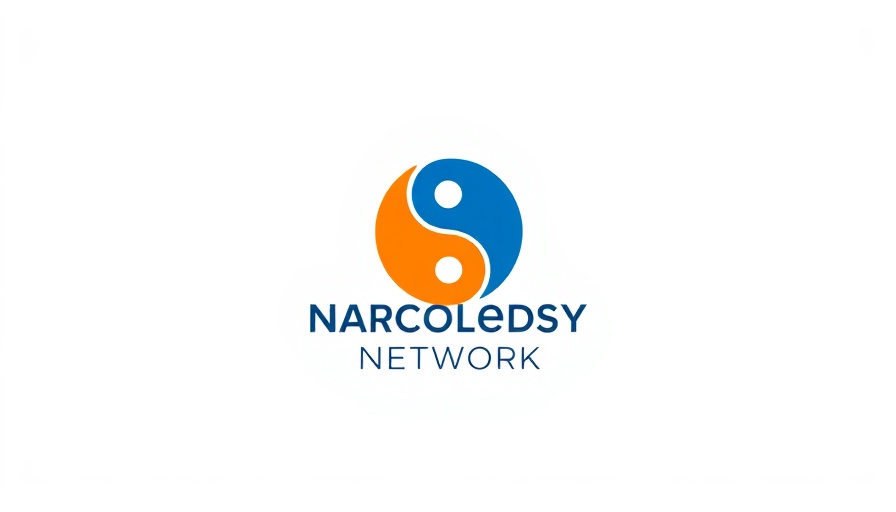
The Power of Morning Sunlight
Have you ever thought about how sunlight shapes your day? Morning sunlight serves more than just a wake-up call; it has profound effects on your hormones, sleep patterns, and overall energy levels. From the moment the sun rises, it sets the stage for your body's natural rhythms to play out, influencing everything from your mood to your metabolism.
In 'Why You NEED Morning Sunlight: Hormones, Sleep & Energy Explained', the discussion dives into the significant benefits of morning sunlight, exploring key insights that sparked deeper analysis on our end.
Understanding Hormonal Balance Through Light
The first rays of sunlight in the morning kickstart a series of hormonal changes in our bodies, primarily affecting cortisol and melatonin—two hormones that have a significant impact on our sleep-wake cycle. Cortisol, a hormone we often associate with stress, actually plays a vital role in our daily functioning when regulated properly. Exposure to sunlight in the early hours leads to cortisol production, giving us the energy we need to start the day. Conversely, as the day fades, reduced light prompts our bodies to secrete melatonin, helping us wind down for a restful night. This natural cycle is essential for maintaining a stable mood and maximizing energy throughout our waking hours.
Sleep Quality: The Night-Day Connection
Sleep is crucial for personal health, and the quality of our sleep is intricately linked to the time we spend in natural light during the day. When we expose ourselves to sunlight in the morning, we not only enhance the quality of our sleep at night but also regulate our circadian rhythms more effectively. Studies show that individuals who enjoy ample natural light exposure during the day tend to fall asleep faster and experience deeper sleep cycles. Dreary days or too much artificial light at night can wreak havoc on this balance and contribute to poor health long-term.
The Science Behind Energy Levels
Scientific studies support the claim that morning sunlight can significantly increase wakefulness and energy levels throughout the day. It’s not just a feeling; there’s heavy lifting happening at a physiological level. In addition to controlling cortisol production, exposure to natural light helps boost serotonin, often referred to as the "happy hormone." A spike in serotonin can elevate your mood, thus making a decisive impact on your energy. Enthusiasts have found that spending just a little time outside in the morning can provide the mental clarity often needed to tackle daily endeavors.
Incorporating Morning Sunlight Into Your Routine
So, how can you make the most out of those invigorating morning rays? Here are some practical tips:
Make It a Morning Habit: Start your day with a simple walk outside, or even just sit by a window to absorb the light. Consistency is key!
Use Natural Light to Your Advantage: Whenever possible, try to bring natural light into your home or workspace. Open those blinds!
Disconnect from Devices: To facilitate natural light exposure, take a break from screens during the morning hours; they emit blue light, which conflicts with natural light rhythms.
Addressing Common Misconceptions
Many people believe that adequate light exposure requires being outside for long periods. However, simply being near windows or taking a brief stroll can suffice in shining light on your body's internal systems. Additionally, there’s a myth that morning sunlight could lead to skin damage. While overexposure does pose risks, moderate, controlled exposure in the morning helps to build vitamin D and promotes core bodily functions.
Empowering Your Well-Being
Understanding the need for morning sunlight is not just about enhancing your day; it’s about fostering long-term health. This knowledge can empower you to make simple changes that amplify your energy, boost your mood, and improve your sleep. Imagine waking each day feeling recharged and ready to conquer your responsibilities with a bright outlook.
Conclusion
Next time the sun rises, take advantage of those bright early hours. Make a commitment to your own wellness – let the sunlight in! By understanding its effect on hormones, sleep, and energy, you can make more informed choices to enhance every waking moment. Embrace the morning sun for not only brighter days ahead but for better health as well.
 Add Row
Add Row  Add
Add 




Write A Comment